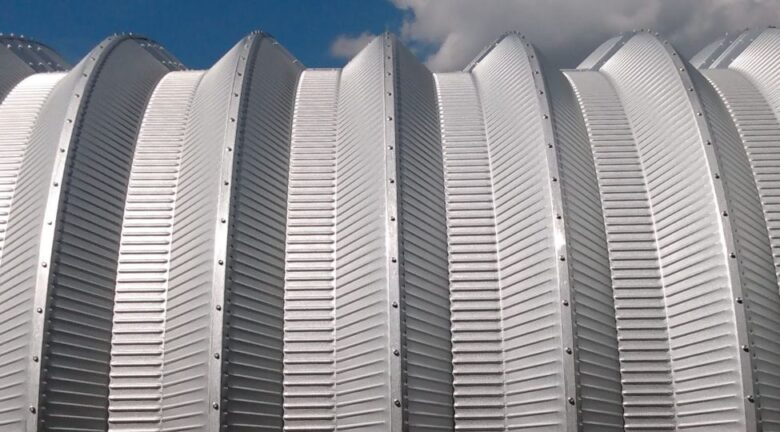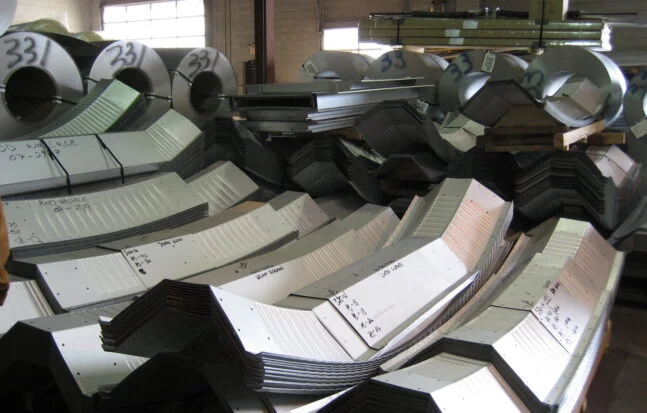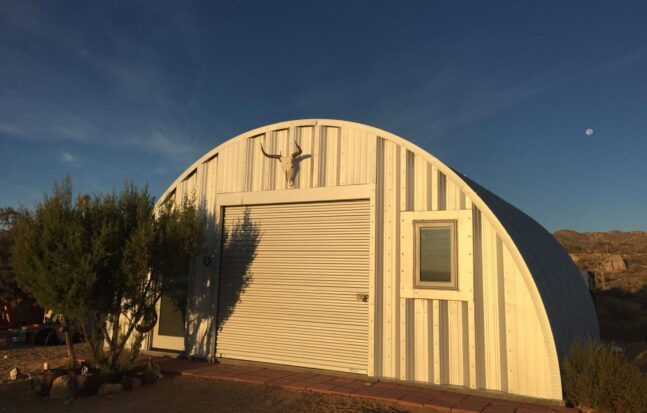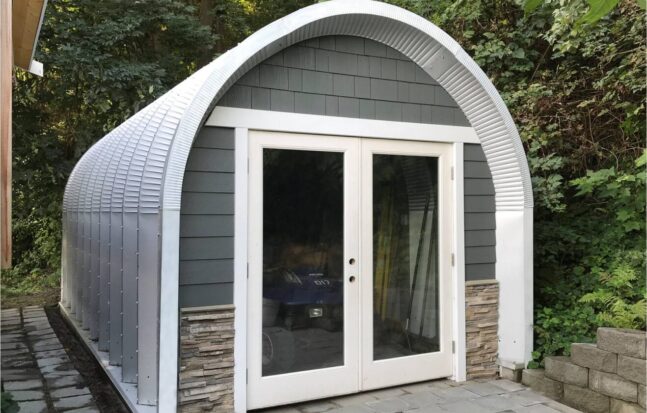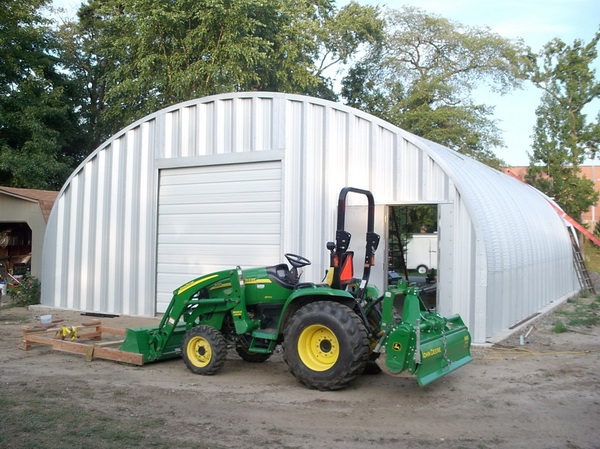How steel is manufactured plays a central role in determining the strength and durability of steel. This is because as steel is being manufactured (carbon and other elements are added to iron ore) microstructures form and change, determining the final properties of the steel.
These microstructures are like tiny arrangements of atoms and crystals that develop based on how the steel is processed, cooled, and treated. The size, shape, and distribution of these microstructures directly influence the steel’s strength, durability, and other characteristics.

